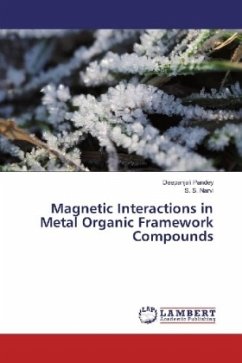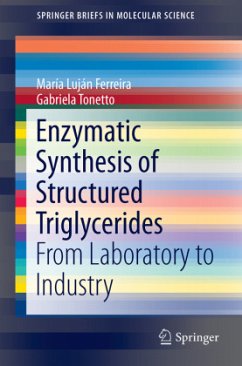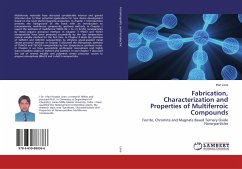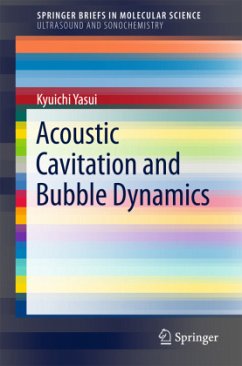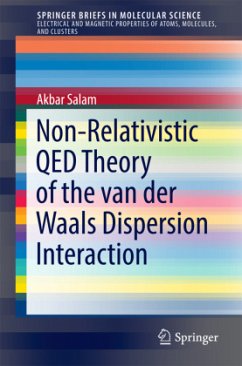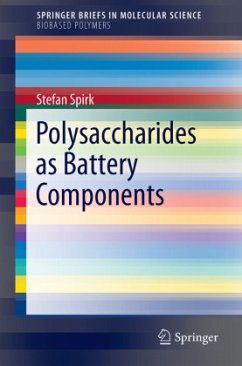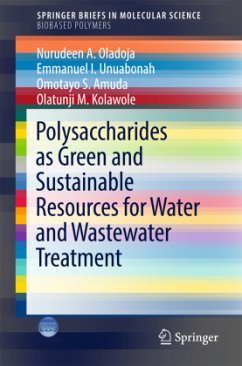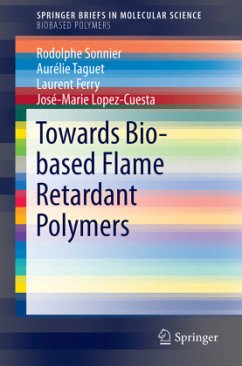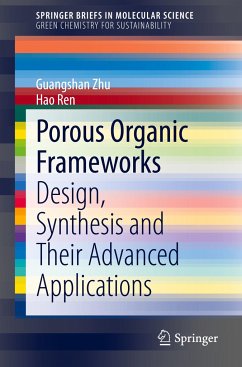
Quantum Chemical Approach for Organic Ferromagnetic Material Design

PAYBACK Punkte
21 °P sammeln!
This brief provides an overview of theoretical research in organic ferromagnetic material design using quantum chemical approaches based on molecular orbital theory from primary Hückel to ab initio levels of theory. Most of the content describes the authors' approach to identify simple and efficient guidelines for magnetic design, which have not been described in other books. Individual chapters cover quantum chemistry methods that may be used to find hydrocarbon systems with degenerate non-bonding molecular orbitals that interact with each other, to identify high-spin-preferred systems using...
This brief provides an overview of theoretical research in organic ferromagnetic material design using quantum chemical approaches based on molecular orbital theory from primary Hückel to ab initio levels of theory. Most of the content describes the authors' approach to identify simple and efficient guidelines for magnetic design, which have not been described in other books. Individual chapters cover quantum chemistry methods that may be used to find hydrocarbon systems with degenerate non-bonding molecular orbitals that interact with each other, to identify high-spin-preferred systems using an analytical index that allows for simple design of high-spin systems as well as to analyze the effect of high-spin stability through orbital interactions. The extension of these methods to large systems is discussed.This book is a valuable resource for students and researchers who are interested in quantum chemistry related to magnetic property.





